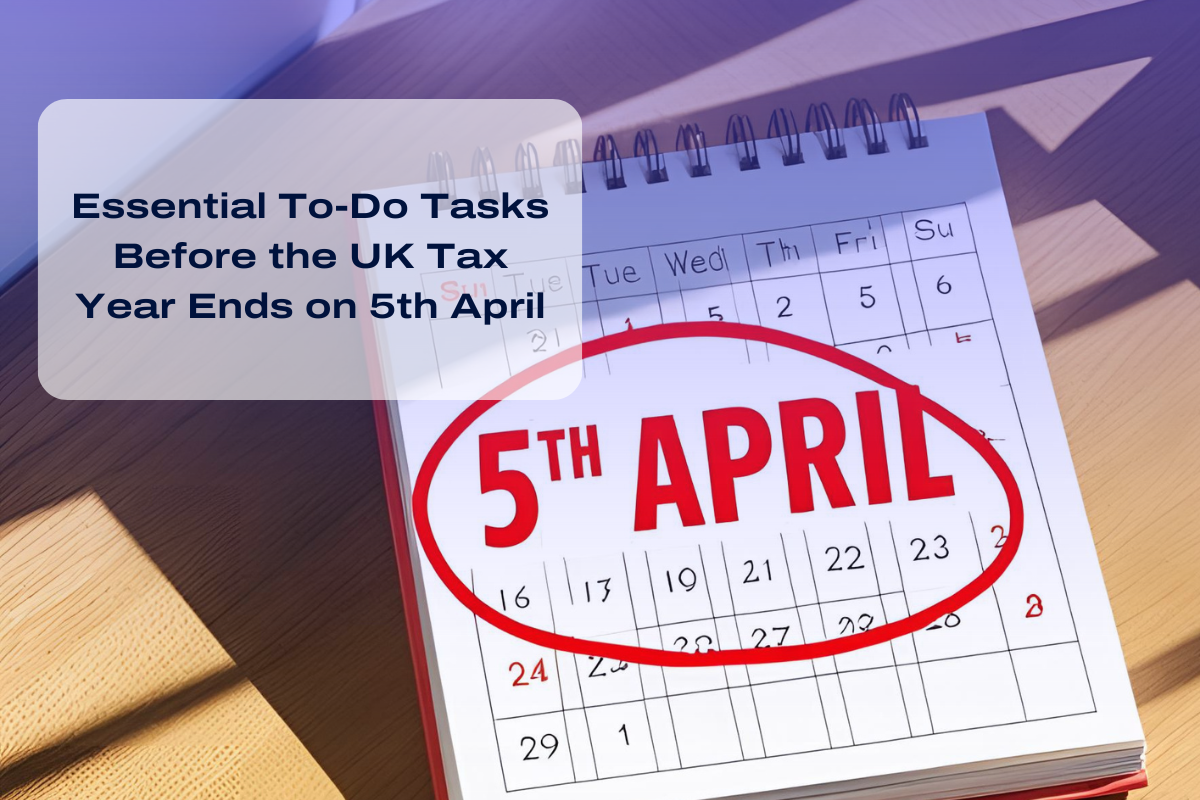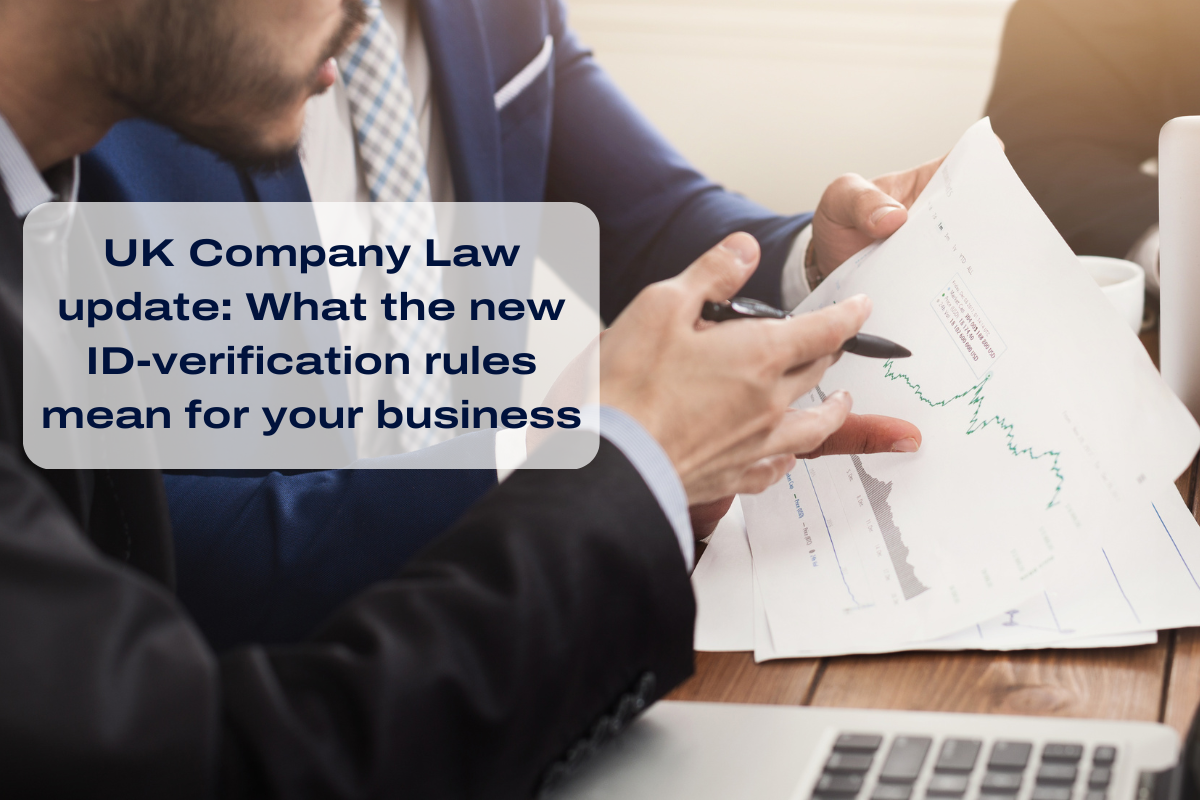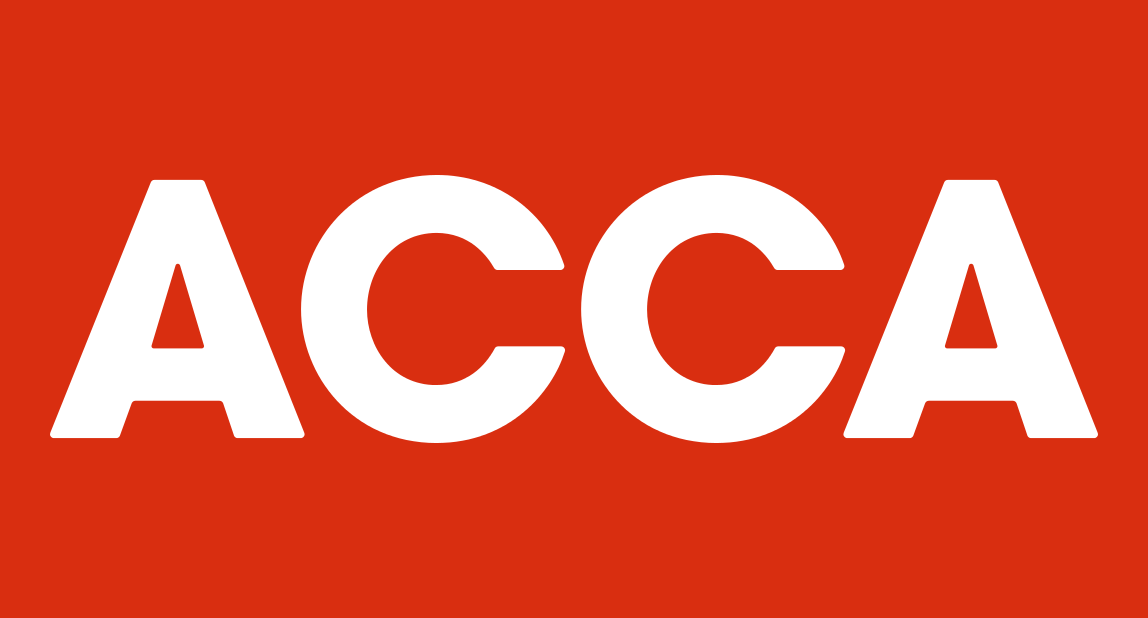Knowledge Portal: Managing Business Finances and more
CHRIS BARNARD May 22, 2025
Top 5 Tax Tips for UK Tech Startups and Small Tech Businesses
5 Smart Tax Tips for UK Tech Startups | Collective Concepts Accounting
Top 5 Tax Tips for UK Tech Startups and Small Tech Businesses
Whether you're building game-changing software, scaling a SaaS product, or running a remote-first tech consultancy, your business faces a unique set of tax challenges — and opportunities. From navigating complex VAT rules to making the most of R&D relief, getting your tax strategy right can save time, stress, and money. If you’re searching for advice to help with accounting for UK tech companies, this blog is a great place to begin.
At Collective Concepts Accounting, we specialise in UK tech business tax advice and supporting startups and scaleups in the tech space. Here are five essential tax tips for tech startups to help you stay compliant and ready to grow.
1. Claim R&D Tax Relief
If your business is developing or enhancing software in a way that involves real technical problem-solving, you could be eligible for Research & Development (R&D) tax relief — even if the project didn’t go as planned. You can read more about R&D Tax Relief in our blog “Maximise 2025 Tax reliefs and Allowances”
What qualifies as R&D for tech startups?
To qualify, your work must tackle a problem that a competent professional couldn't easily solve using public knowledge. This might involve creating a new algorithm, integrating incompatible platforms, or developing cloud infrastructure that breaks new ground. The work you’re claiming R&D tax credits for must also advance scientific and/or technological knowledge for your company.
Understanding scientific or technological uncertainty
HMRC looks for what they call “scientific or technological uncertainty” — and more importantly, they want to see how you worked through it. Keep a clear record of the technical challenge, the steps you took to overcome it, and how your solution represents an advance in capability.
This type of uncertainty is especially common in areas like:
- Artificial intelligence (AI)
- Machine learning
- Cloud architecture
- Data processing at scale
📎 Read HMRC’s guidance on R&D relief
2. Review VAT Rules for Digital and International Services
How VAT applies to digital services for overseas clients
Tech businesses often sell services across borders — from subscriptions and licences to consultancy and development. But VAT isn’t one-size-fits-all. Understanding VAT for SaaS and digital services and where your service is “supplied” for tax purposes is critical.
B2B vs B2C VAT rules: what’s the difference?
If you’re selling B2B (business-to-business) services and your overseas customer provides a valid VAT number, UK VAT is usually not charged — the customer accounts for it under the reverse charge. For B2C (business-to-consumer) services, however, UK VAT may still apply, even if the customer is overseas, but do find out where they are based. Their location will impact the VAT you need to charge.
Things get especially complex when dealing with:
- Customers in the EU post-Brexit
- Mixed-status organisations (e.g. charities, local authorities)
- Jurisdictions like the Isle of Man or Gibraltar
The rules are varied and complex when it comes to VAT for Digital and International Services. We always recommend taking professional advice to guide you through the nuances of this topic.
When UK tech businesses need to register for VAT abroad
Clarity on your invoices and evidence in your records is key. If you’re a non-UK business supplying UK customers, you may need to register for VAT immediately — there’s no threshold.
3. Understand Your IR35 & Off-Payroll Responsibilities
Working with freelance developers or tech consultants? You may need to determine whether they’re truly independent or actually what HMRC calls a “disguised employee.”. Your hires also need to be correctly classified from an HR perspective. Check out MayDay HRs guidance on hiring your first employees. Let’s dive into IR35 rules for tech businesses
If your business is classed as medium or large, under the Off-Payroll Working Rules (OPWR), you are responsible for: Here are off-payroll working rules explained.
- Determining the contractor’s employment status
- Deducting
Income Tax and National Insurance if IR35 applies
- Paying
Employer NICs if required
When do the Off-Payroll Working Rules apply?
Factors that HMRC will consider include:
- Can the contractor send someone else in their place?
- Do you control what, how, or where the work is done?
- Do they use their own tools?
- Are they exposed to financial risk or have opportunities for profit?
What makes a contractor a 'disguised employee'?
If the contractor appears to operate like an employee, you could face penalties for not handling tax correctly. For smaller companies, these rules don’t apply — but it’s still worth documenting your IR35 decisions.
4. Keep Robust Digital Records with Cloud Accounting Tools
Why tech startups need real-time financial data
In a sector where speed and scale matter, good bookkeeping shouldn’t slow you down. Cloud accounting for startups using tools like Xero, QuickBooks, and FreeAgent are essential for tech startups or scale ups juggling:
- SaaS subscriptions
- App payments
- Licensing fees
- International transactions
Best cloud accounting tools for UK tech businesses
By integrating these platforms with bank feeds, project tools, and payment processors like Stripe or GoCardless, you can automate much of your day-to-day finance work and stay compliant with Making Tax Digital (MTD) — which becomes mandatory for more businesses in 2026.
Cloud accounting also makes it easier to:
- Track R&D-eligible spend
- Monitor cashflow and profitability in real time
- Prepare for funding rounds or exit events
Don’t wait for chaos at year-end — set your systems up early to scale smoothly.
5. Tax-Efficient Salary Exchange for Company Cars and Pensions
Salary Exchange (or salary sacrifice) is a smart way for employees to swap part of their gross salary for a non-cash benefit — usually pension contributions or a company car lease. Both options can lead to real savings for employees and employers.
Boosting Pension Contributions
With salary exchange, an employee’s gross salary is reduced by the value of their pension contribution, which the employer then pays directly into the pension scheme.
Benefits include:
- Employees pay less NIC and may see an increase in net pay
- Employers reduce their own NIC bill
- The pension pot receives the full intended contribution
Example: An employee earning £50,000 exchanging £2,500 could increase their take-home pay by £200 and save the employer £345 in NICs.
It’s simple to set up and can deliver significant savings across your team.
Leasing Company Cars – Especially EVs
Salary sacrifice is also widely used to lease electric vehicles (EVs). Employees give up part of their salary and receive a company car in return — with powerful tax perks.
Benefits include:
- No income tax or NIC on the exchanged salary
- Low Benefit-in-Kind (BiK) tax for EVs — just 3% in 2025
- Employers may access fleet discounts and NIC savings
Example: A £700/month salary sacrifice for an EV could reduce an employee’s taxable income enough to move them into a lower tax band — while they’re only taxed on the low BiK value.
Key Considerations
- Employees can’t drop below minimum wage
- It may affect entitlement to statutory benefits
- Lower salary could impact mortgage applications
- Contracts must be updated to reflect the changes
Despite a little extra admin, salary exchange can significantly enhance your employee benefits offering while saving on tax.
Work with a Tech-Focused Accountant Who Gets It
Why specialist accounting matters for tech founders
Your business isn’t generic — your accountant shouldn’t be either. At Collective Concepts, we work exclusively with ambitious businesses and understand the pressures and priorities of the tech world.
We support you with:
- R&D tax credit claims
- VAT compliance for cross-border sales
- IR35 contractor guidance
- SEIS/EIS investor support
- Scalable cloud accounting systems
What Collective Concepts offers UK tech businesses
More than anything, we help you spend less time on spreadsheets and more time building your business.
Ready to simplify your tax strategy?
Whether you're launching your first product or preparing for scale, Collective Concepts Accounting is here to support your next move. Let’s make sure your tax planning is as innovative as your tech.
Book a free consultation today.
FAQs on Tax for Tech Startups
Do tech startups qualify for any special tax reliefs in the UK?
Yes, tech startups may qualify for several incentives, including
Research & Development (R&D) Tax Credits,
Patent Box relief, and
Annual Investment Allowance (AIA). These can significantly reduce your corporation tax bill and free up cash for innovation.
When should a tech startup register for VAT?
You must register once your taxable turnover exceeds the VAT threshold (£90,000 for 2024/25). However, some startups register voluntarily earlier to reclaim VAT on purchases - particularly useful if your clients are VAT-registered businesses.
Can I claim expenses for software, equipment, and subscriptions?
Yes, most business-related software, IT equipment, and professional subscriptions are allowable expenses, provided they are used wholly and exclusively for business purposes. Keep detailed records and receipts for all claims.
Are there tax implications when raising investment?
Potentially. If you issue new shares, schemes like
SEIS (Seed Enterprise Investment Scheme) or
EIS (Enterprise Investment Scheme) can make your company more attractive to investors by offering them tax reliefs - but it’s vital to meet HMRC’s qualifying conditions.
What accounting records should a tech startup maintain?
You’ll need to record all income, expenses, payroll, and investment transactions accurately. Cloud accounting software such as Xero or QuickBooks can help keep your records compliant with
Making Tax Digital (MTD) requirements.
Can Collective Concepts Accounting help with tech startup tax planning?
Yes, we specialise in supporting tech-focused SMEs and startups with tailored advice on R&D claims, VAT, and long-term tax efficiency. Our team can help you build strong financial foundations as you scale your business.














